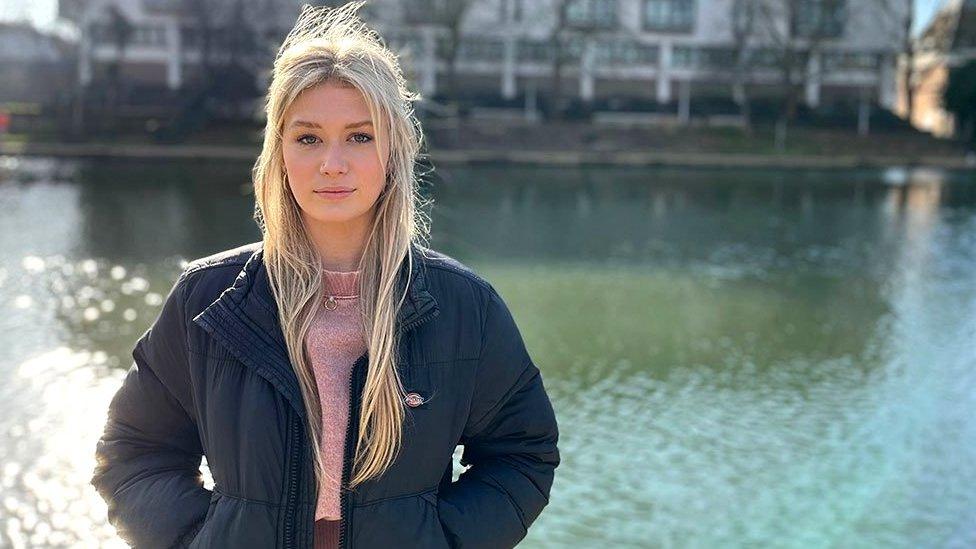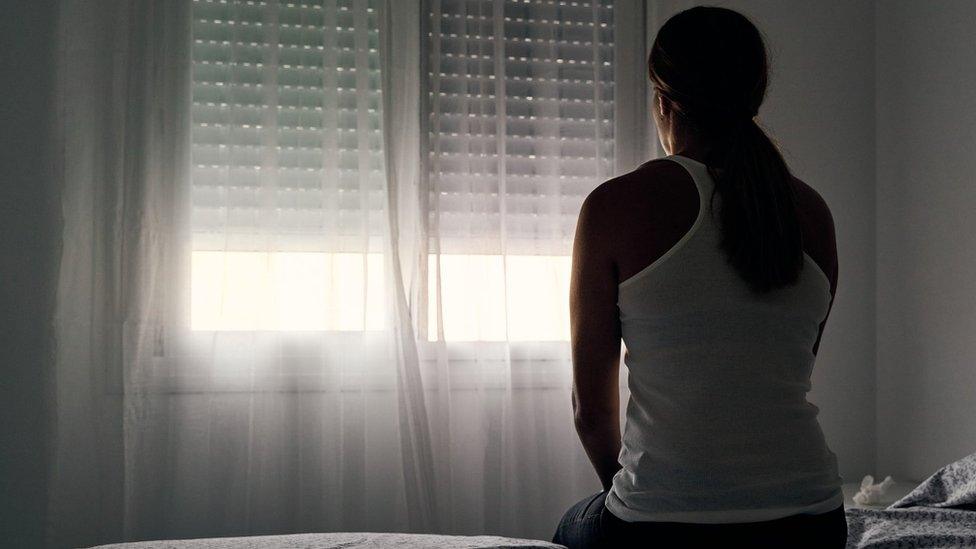Coventry sexual abuse charity forced to turn away new clients
- Published

The funding shortfall means the charity can no longer take new referrals and currently has 500 people on its waiting list, it said
A sex abuse charity in Coventry says it has had to close its waiting list because of a cut in its funding from the city council.
Coventry Rape and Sexual Abuse Centre (Crasac) said it has helped more than 1,500 adults and children annually who have been affected by sexual abuse.
But a £195,000 reduction means it now cannot take on new referrals, with 500 people on its waiting list.
The council said a new service will be offered once the contract ends in June.
Campaigners are planning a protest outside the city council offices on 20 February and the charity has urged people to sign its petition to secure sustainable funding for sexual violence support services in the city.
The charity said it has been operating on an annual budget of £1.1m.
Last August, it was one of nine charities to share a £4.1m investment, as part of the government's Rape and Sexual Abuse Support Fund.
'Not an easy decision'
There are an estimated 20,000 victims of child sexual abuse for every support service in the West Midlands and waiting times have doubled since 2015, the charity said.
About 50% of its funding comes from the Ministry of Justice and Police and Crime Commissioner departments, with the rest coming from trusts, grants, and donations, the charity said.
It has also seen a 75% increase in referrals from the NHS over the past four years, but did not receive money from the NHS or integrated care boards, it added.
CEO Natalie Thompson, said demand for its services rises each year, leaving hundreds on its waiting list.
"Due to the sudden decrease in funding, we are unable to continue operations at the current level and have taken the difficult decision to close our waiting list to new clients until a sustainable funding resolution can be met," she said.
It had not been an easy decision and leaving people without the specialist support they need was "heartbreaking", but the charity could not ethically continue to accept referrals knowing that they could be waiting up to 18 months to get help.
'Improved approach'
In a statement, the council said the contract was awarded in 2019, based on the numbers of people accessing support at the time.
The authority said the key aim had been to reduce waiting times, but this has not happened and numbers had "risen sharply" despite the additional investment.
"As a result, the council has decided that, rather than renew a contract that is not addressing increasing waiting lists, we will work with various partners to provide a new, system-wide improved approach for this important population," it said.
"We will ensure services continue to be delivered, and are currently looking at alternative ways of doing this as a priority."

Follow BBC West Midlands on Facebook, external, X, external and Instagram, external. Send your story ideas to: newsonline.westmidlands@bbc.co.uk, external
Related topics
- Published19 January 2024

- Published3 August 2023
